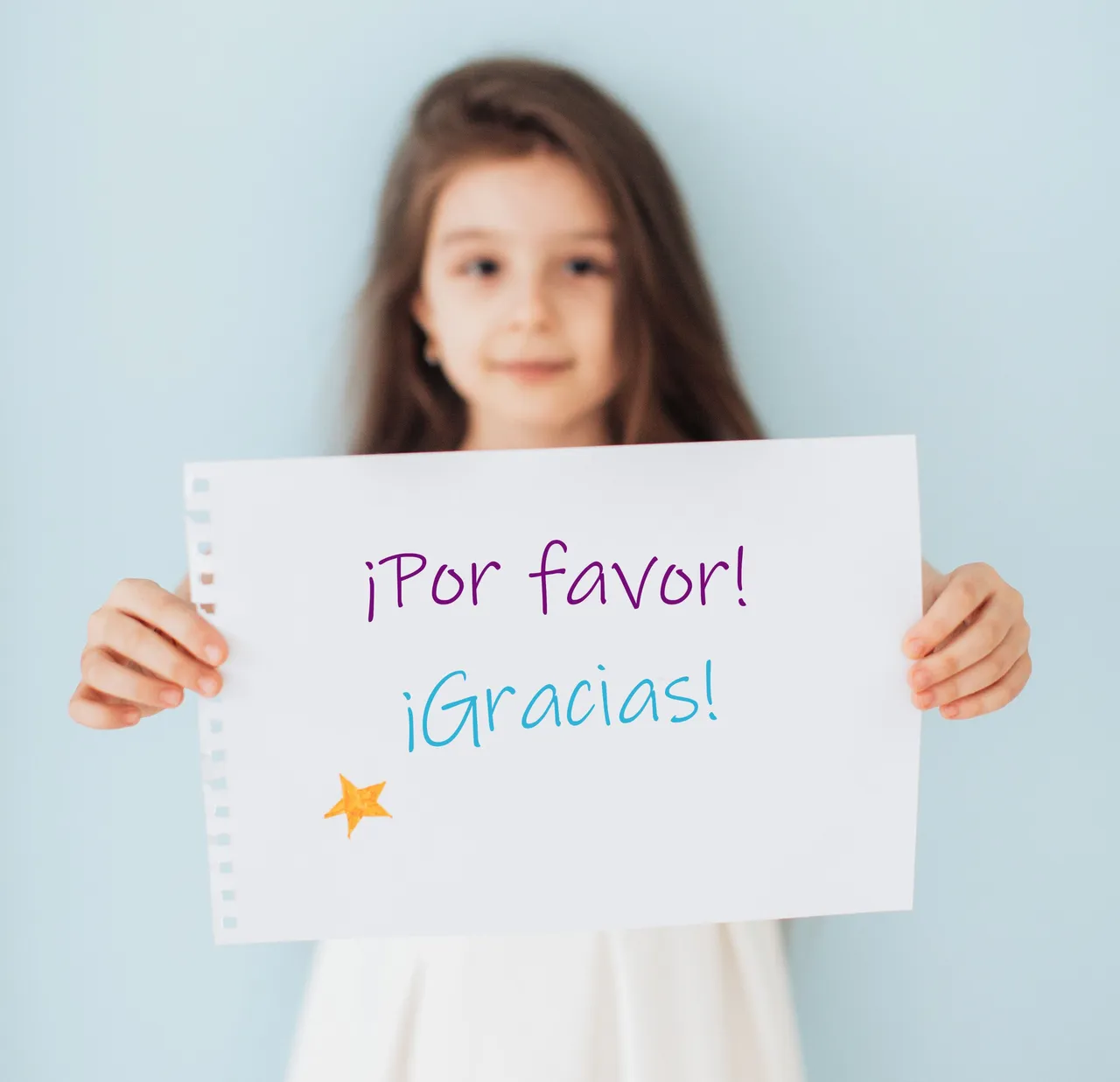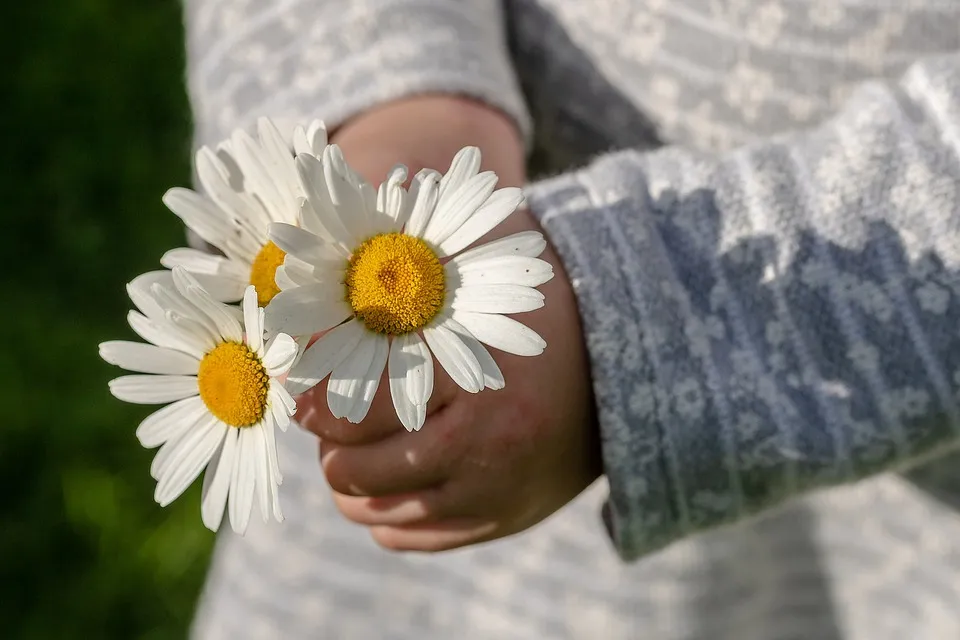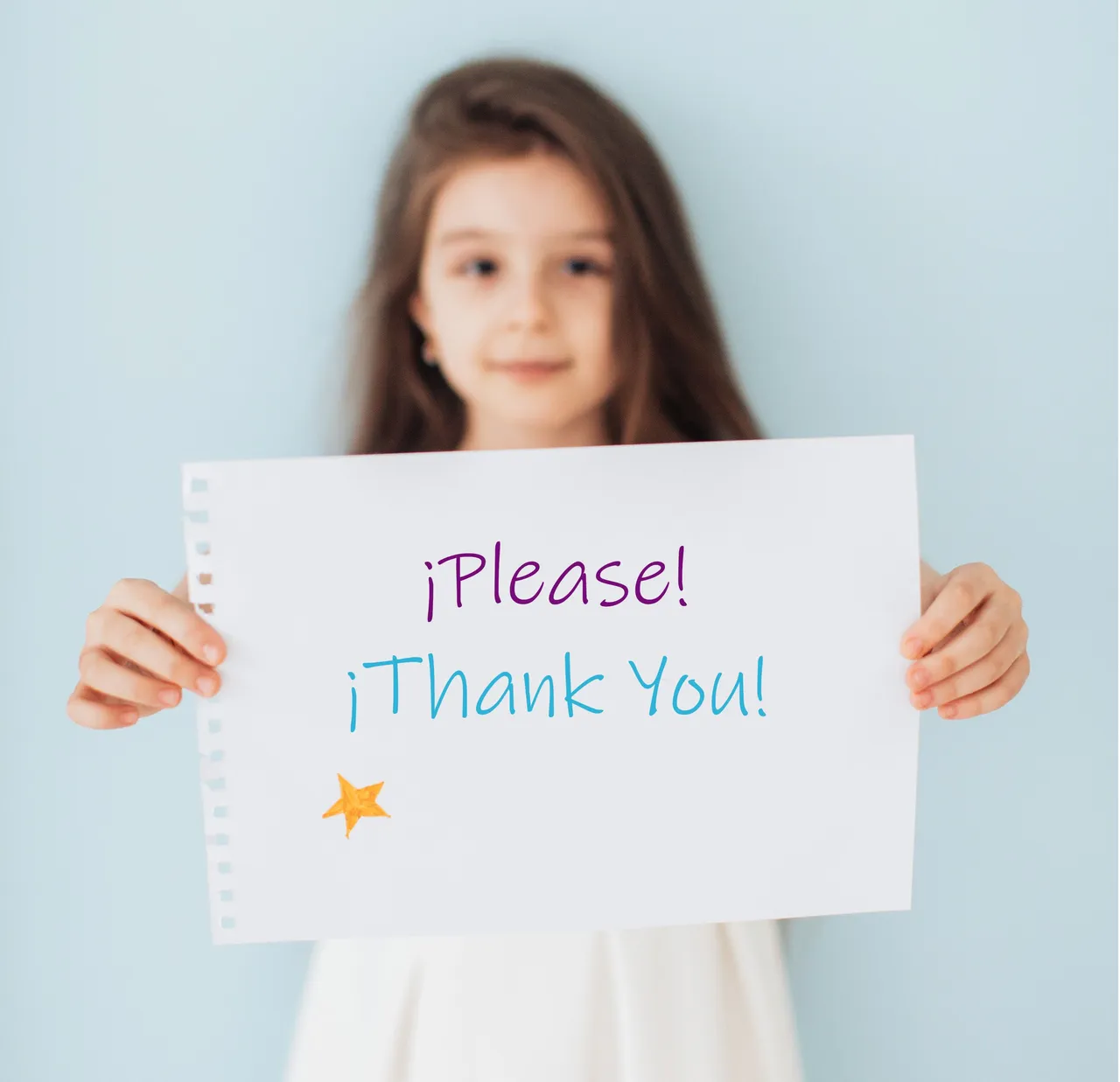

Los modales hacen parte de una persona y logran incluso decir mucho de ellos. Pero esos modales o valores no se crean solos, son inculcados en casa desde que estamos pequeños.
Para los niños es fácil aprender cosas nuevas a su edad y se les hace más fácil aún cuando tiene a alguien a quien imitar. Así es, los buenos hábitos o modales pueden copiarlo de otros, en especial de sus padres.
En mi infancia, los modales fueron incluidos en la enseñanza, como decir "Buenos días, Buenas tardes, Buenas noches", "Por favor", "Gracias", "Señora o Señor", "Buen provecho" y otras frases que se consideran normas de cortesía.
La tarea de los padres no es fácil, ya que mientras ellos intentan enseñarles modales a sus hijos, otros adultos terminan estropeando la enseñanza al olvidar cualquier clase de modales y siendo irrespetuosos.


Recuerdo que en una ocasión iba caminando con una tía por el pueblo donde vivía, en los pueblos muchas personas acostumbran a saludarse mientras se cruzan por la calle, así no se conozcan, esto es una muestra de cortesía. Lo cierto es que poco a poco se van perdiendo las buenas costumbres, y ese día que caminaba con mi tía, cuando veía a una persona le decía "buenos días" y cada vez que alguien no me contestaba, mi tía rápidamente me contestaba ella misma el saludo y me decía "buenos días, mami", esto lo hizo con varias personas que me despreciaron el saludo.
Ella lo hacía para que yo no me sintiera mal y para enseñarme que ellos eran lo que estaban mal y no yo. Algunas personas se daban cuenta de lo que hacía mi tía y reconocían su error, así que volteaban y me respondían mis buenos días.

Las palabras "por favor y gracias" se volvieron parte de mi casa, mi mamá y mi papá, aunque tenían toda la autoridad para mandarme, no pasaban por alto siempre pedir un favor en vez de dar una orden directa, y al cumplirlo nos daban las gracias. Aunque parezca insignificante, este tipo de modales fomenta la buena comunicación en la familia y el respeto a cada de uno de sus miembros, sean grandes o pequeños.
Mi mamá nos enseñaba que expresión utilizar en cada ocasión y cuando se nos olvidaba ser agradecidos nos decía ¿Cómo se dice?, eso nos ayudaba a recordar o nos forzaba a ser agradecidos aunque tuviéramos pena.


Los modales son como un chip que se queda grabado en nuestra memoria, pero solo si tienen buenas bases, y tienden a ser una acción automática si los tenemos bien arraigados. Por ejemplo, me pasaba incluso de niña que alguien me decía ¡ve a comprar tal cosa!, y yo de forma automática le preguntaba ¿por favor?, eso me paso en varias ocasiones, incluso con mi mamá que por la presión del momento se le pasaba por alto decirme por favor, pero ella se disculpaba.
Pero así como los niños guardan en su memoria lindos modales, con el tiempo, si como adultos le dejamos de dar importancia, ellos también lo harán, pensando que esas normas eran solo para respetar a los adultos cuando éramos niños.

¡Qué hermoso es ver un niño con buenos modales!, deja mucho que decir de la educación y dedicación de sus padres. Pero como adultos, ¿cómo contribuimos? No olvidando nuestras bases y siendo un ejemplo tanto para los niños como para los demás.
En este mundo hace falta que haya más personas con bonitos modales que fomenten el respeto y el amor, y todo viene desde casa y desde nuestros niños. Seamos un ejemplo para ellos y no que ellos terminen siendo un ejemplo para nosotros.




English Publication
Please and Thank You! | Children and manners


Manners are part of a person and even manage to say a lot about them. But those manners or values are not created on their own, they are instilled at home since we are young.
It is easy for children to learn new things at their age and it is even easier for them when they have someone to imitate. That's right, good habits or manners can be copied from others, especially from their parents.
In my childhood, manners were included in the teaching, such as saying "Good morning, Good afternoon, Good evening", "Please", "Thank you", "Ma'am or Sir", "Bon appetit" and other phrases that are considered polite rules.
The parents' task is not easy, because while they try to teach manners to their children, other adults end up spoiling the teaching by forgetting any kind of manners and being disrespectful.


I remember that on one occasion I was walking with an aunt in the town where I lived, in the towns many people are accustomed to greet each other while crossing the street, even if they do not know each other, this is a sign of courtesy. The truth is that little by little the good customs are being lost, and that day I was walking with my aunt, when I saw a person I would say "good morning" and every time someone did not answer me, my aunt quickly answered me herself and said "good morning, mommy", she did this with several people who scorned my greeting.
She did this so that I would not feel bad and to teach me that they were what was wrong and not me. Some people realized what my aunt was doing and recognized their mistake, so they would turn around and say "good morning" back to me.

The words "please and thank you" became part of my home, my mom and dad, although they had all the authority to command me, always asked for a favor instead of giving a direct order, and when they complied, they thanked us. Although it may seem insignificant, this type of manners encourages good communication in the family and respect for each of its members, be they big or small.
My mother used to teach us which expression to use in each occasion and when we forgot to be thankful she would tell us how to say thank you, that helped us to remember or forced us to be thankful even if we felt sorry for ourselves.


Manners are like a chip that remains engraved in our memory, but only if they have a good basis, and tend to be an automatic action if we have them well rooted. For example, it happened to me even as a child that someone would tell me "go buy such and such a thing", and I would automatically ask them please, that happened to me on several occasions, even with my mother who, because of the pressure of the moment, would forget to tell me please, but she would apologize.
But just as children keep in their memory nice manners, with time, if as adults we stop giving importance to them, so will they, thinking that those rules were only to respect adults when we were children.

How beautiful it is to see a child with good manners, it leaves a lot to be said for the education and dedication of their parents. But as adults, how do we contribute? By not forgetting our basics and by being an example for children and others.
This world needs more people with nice manners that foster respect and love, and it all comes from home and from our children. Let's be an example for them and not let them end up being an example for us.



Porque no me han enseñado el camino a seguir, sino como andar para seguir mi propio camino. (Autor Desconocido)

Because they have not taught me the way to follow, but how to walk to follow my own path. (Unknown Author)

Separador: pixabay by GDJ.
Banner: elaborado en Canva. | created in Canva.
Editores: / Editors: Canva, PowerPoint.
